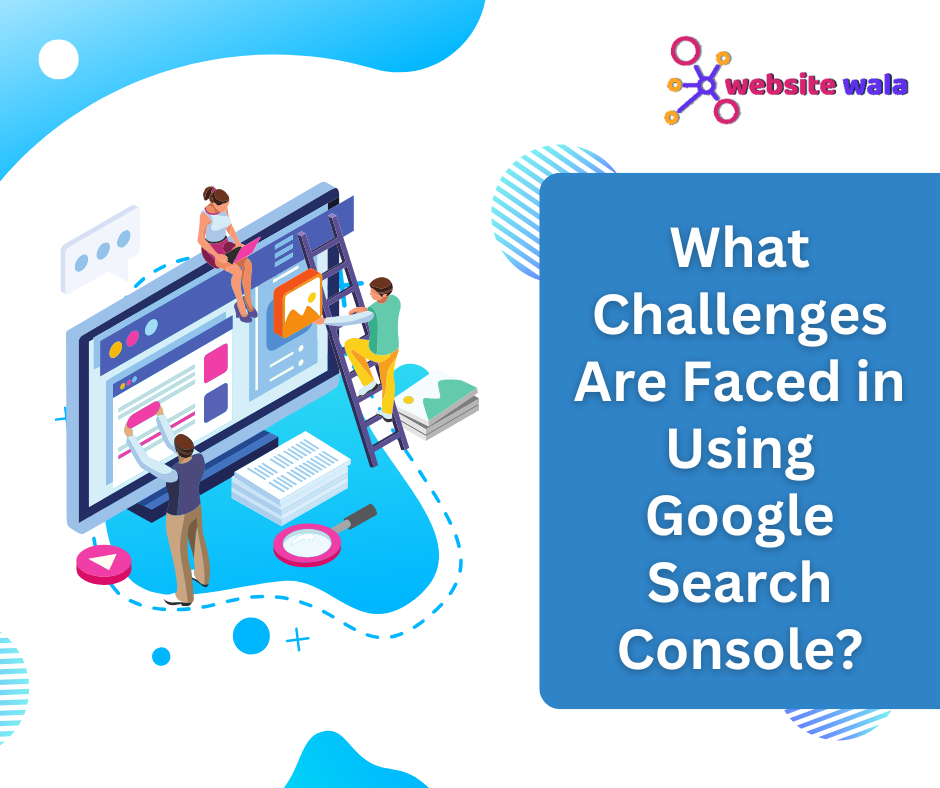
Learn how to use content marketing strategies to enhance your SEO efforts and drive more organic traffic to your website. Get tips on creating high-quality content, optimizing for keywords, and promoting your content effectively.
How to Use Content Marketing to Boost Your SEO
Content marketing is a powerful tool that can help you improve your search engine optimization (SEO) efforts and drive more organic traffic to your website. By creating high-quality content that is optimized for relevant keywords and promoting it effectively, you can increase your online visibility and attract more visitors to your site. In this article, we will discuss how to use content marketing strategies to enhance your SEO and boost your website's ranking in search engine results.
1. Create High-Quality Content
One of the most important aspects of content marketing is creating high-quality, valuable content that engages your target audience. When you produce content that is informative, well-written, and relevant to your audience's interests, you are more likely to attract readers and keep them coming back for more. High-quality content also tends to perform better in search engine results, as search engines prioritize content that is helpful and relevant to users.
To create high-quality content, consider the following tips:
- Identify your target audience and their interests
- Research trending topics in your industry
- Provide original insights and perspectives
- Use engaging visuals and multimedia elements
- Ensure your content is well-researched and factually accurate
- Proofread and edit your content for grammar and spelling errors
2. Optimize for Keywords
Keywords play a crucial role in SEO, as they help search engines understand the content of your website and rank it accordingly. By optimizing your content for relevant keywords, you can improve your chances of ranking higher in search results and attracting more organic traffic to your site. When selecting keywords for your content, consider the following factors:
- Relevance: Choose keywords that are directly related to the topic of your content
- Search volume: Select keywords that have a high search volume and are frequently used by your target audience
- Competition: Consider the level of competition for each keyword and choose ones that are not overly competitive
- Long-tail keywords: Include long-tail keywords that are more specific and target niche audiences
Once you have identified your target keywords, incorporate them naturally into your content, including in your headings, subheadings, meta tags, and image alt text. Avoid overstuffing your content with keywords, as this can harm your SEO efforts and make your content less engaging for readers.
3. Promote Your Content
Creating high-quality content and optimizing it for keywords is only half the battle; you also need to promote your content effectively to reach a wider audience and drive more traffic to your website. Content promotion can help you increase brand awareness, attract more backlinks, and improve your website's authority in the eyes of search engines.
There are several ways to promote your content and boost your SEO efforts:
- Share your content on social media platforms
- Reach out to influencers and ask them to share your content with their followers
- Guest post on other websites and include links back to your own content
- Participate in online communities and forums relevant to your industry
- Run targeted advertising campaigns to promote your content to specific audiences
4. Implement a Comprehensive Content Strategy
To maximize the impact of your content marketing efforts on your SEO, it is essential to implement a comprehensive content strategy that aligns with your business goals and target audience. A strong content strategy can help you plan, create, distribute, and analyze your content effectively, ensuring that it resonates with your audience and drives measurable results.
When developing a content strategy, consider the following elements:
- Set clear objectives and key performance indicators (KPIs) for your content marketing efforts
- Define your target audience and create buyer personas to guide your content creation
- Map out your content calendar and plan ahead for upcoming campaigns and promotions
- Monitor and analyze the performance of your content using relevant metrics and analytics tools
- Iterate and optimize your content strategy based on data and feedback from your audience
5. Monitor and Measure Your SEO Performance
Monitoring and measuring the performance of your SEO efforts is essential to understanding what is working well and where there is room for improvement. By tracking key metrics such as website traffic, keyword rankings, and backlink profile, you can gain valuable insights into the effectiveness of your content marketing strategies and make data-driven decisions to enhance your SEO performance.
Some key metrics to monitor for SEO include:
- Organic traffic: The number of visitors coming to your website through organic search results
- Keyword rankings: The position of your website in search engine results for specific keywords
- Backlink profile: The quantity and quality of backlinks pointing to your website from other sites
- Conversion rate: The percentage of visitors who take a desired action on your website, such as making a purchase or signing up for a newsletter
By regularly monitoring these metrics and analyzing the data, you can identify areas for improvement in your content marketing and SEO strategies and make adjustments to optimize your performance over time.
Content marketing is a valuable tool for boosting your SEO efforts and driving more organic traffic to your website. By creating high-quality content, optimizing it for relevant keywords, and promoting it effectively, you can improve your website's visibility in search engine results and attract more visitors to your site. Remember to implement a comprehensive content strategy, monitor and measure your SEO performance regularly, and make data-driven decisions to optimize your content marketing efforts for success.




















